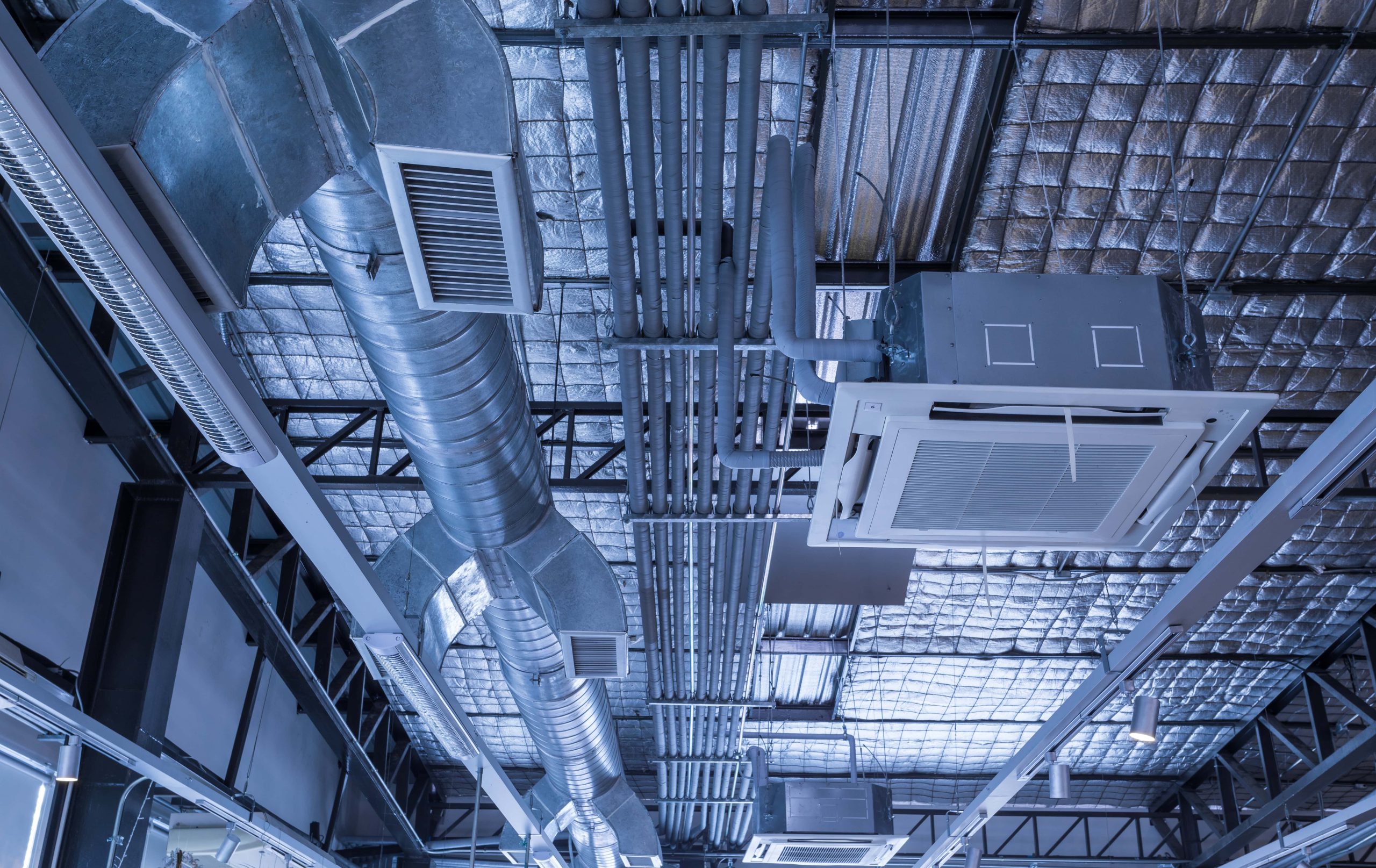5 Signs Your HVAC System Needs Repairs
Introduction
In the hustle and bustle of daily life, it’s easy to overlook the silent hero of our homes—the HVAC (Heating, Ventilation, and Air Conditioning) system. This intricate network of components ensures our comfort, providing warmth in winter and coolness in summer. However, even the most reliable systems may exhibit signs of distress. In this article, we’ll explore five key indicators that your HVAC system may be in need of professional attention.
Rising Energy Bills
We’ve all experienced the sting of unexpectedly high energy bills. If your utility costs are soaring without a clear explanation, your HVAC system might be the culprit. A drop in efficiency can lead to increased energy consumption, putting a strain on your wallet. Understanding the correlation between your HVAC system and energy bills is crucial to identifying potential issues.
Inconsistent Temperature
Comfort at home is synonymous with consistent temperatures. If you find yourself shivering in one room while another feels like a sauna, your HVAC system may be struggling. Inconsistent heating or cooling not only disrupts your comfort but can also affect indoor air quality. Understanding the root cause of temperature imbalances is vital for maintaining a comfortable living environment.
Strange Noises
Silence is golden, especially when it comes to your HVAC system. Unusual sounds such as clanking, banging, or hissing may signal underlying issues. Identifying these noises and understanding their implications is key to addressing problems before they escalate. Let’s delve into the significance of strange sounds and what they could mean for your HVAC system.
Poor Air Quality
The link between HVAC performance and indoor air quality is undeniable. If you’ve noticed a decline in the air you breathe indoors, it might be time to inspect your HVAC system. Poor air quality can have adverse effects on health, making it essential to recognize the signs and take corrective measures promptly.
Frequent Cycling On and Off
Does your HVAC system seem to have a mind of its own, cycling on and off more frequently than usual? This phenomenon, known as short cycling, is more than just a nuisance—it can lead to premature wear and tear. Understanding the causes of short cycling and its impact on your system is crucial for maintaining its longevity.
Visual Inspection
Not all signs of HVAC distress require a professional eye. There are simple visual checks you can perform to assess the health of your system. From inspecting ductwork to ensuring proper insulation, these DIY steps can help you identify issues early on. Let’s explore the visual cues that may indicate your HVAC system needs attention.
Importance of Timely Repairs
Procrastination is the enemy when it comes to HVAC issues. Timely repairs not only prevent further damage but also save you from the financial burden of major replacements. We’ll discuss the importance of addressing HVAC problems promptly and how it can extend the lifespan of your system.
DIY Troubleshooting Tips
Not every HVAC issue requires a professional touch. There are safe and simple troubleshooting tips that homeowners can perform to diagnose and potentially fix certain problems. Knowing when to DIY and when to call in the experts is crucial for maintaining your system’s efficiency.
Hiring a Professional HVAC Technician
When DIY efforts fall short, it’s time to bring in the professionals. Choosing a reputable HVAC technician is a decision that can impact the performance and longevity of your system. We’ll explore the qualities to look for in a technician and the importance of regular HVAC system inspections.
Cost Considerations
Budgeting for HVAC repairs is a crucial aspect of homeownership. Understanding the potential costs associated with different repairs helps you plan and prioritize maintenance. We’ll discuss how budgeting for repairs can lead to long-term savings through preventive measures.
Benefits of Regular Maintenance
An ounce of prevention is worth a pound of cure, and this holds true for HVAC systems. Regular maintenance not only improves energy efficiency but also enhances overall system performance. We’ll delve into the benefits of investing in routine maintenance to keep your HVAC system running smoothly.
Common HVAC Issues and Solutions
To better understand the signs, it’s essential to be familiar with common HVAC problems and their solutions. From refrigerant leaks to faulty thermostats, we’ll explore the issues that may be affecting your system and discuss effective solutions.
DIY vs. Professional Repairs
While some issues can be resolved through DIY efforts, others require professional expertise. Knowing the difference is key to maintaining the health of your HVAC system. We’ll weigh the pros and cons of DIY repairs versus hiring a professional technician.
Conclusion
In conclusion, being attuned to the signs that your HVAC system needs repairs is crucial for maintaining a comfortable and healthy home. From rising energy bills to strange noises, each indicator provides valuable insights into the health of your system. Addressing issues promptly, whether through DIY efforts or professional assistance, is the key to ensuring your HVAC system continues to serve you efficiently.
FAQs
- How often should I have my HVAC system inspected? Regular inspections are recommended at least once a year to catch potential issues early on and ensure optimal performance.
- Can I troubleshoot HVAC issues on my own? Some minor issues can be addressed through simple troubleshooting, but it’s crucial to know when to seek professional help.
- What are the long-term benefits of regular HVAC maintenance? Regular maintenance enhances energy efficiency, prolongs the lifespan of your system, and helps prevent costly repairs.
- How do I choose a reliable HVAC technician? Look for technicians with proper certifications, experience, and positive customer reviews. Recommendations from friends and family can also be valuable.
- Is it normal for my HVAC system to make some noise? While a low hum is normal, loud or unusual noises may indicate underlying issues. If in doubt, it’s best to have a professional inspect your system.


